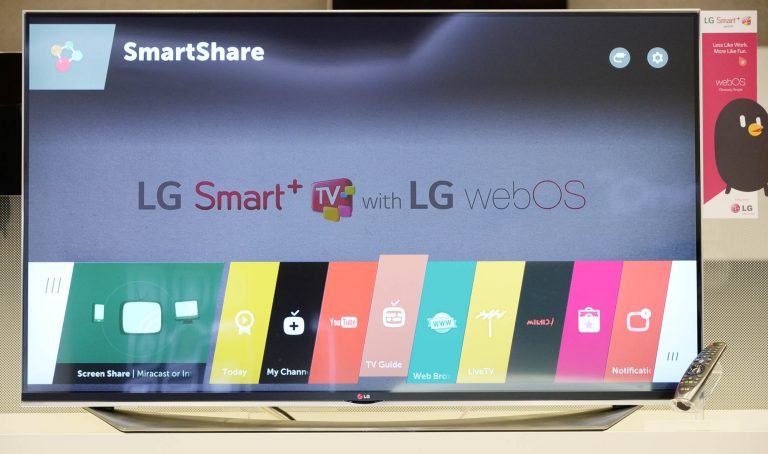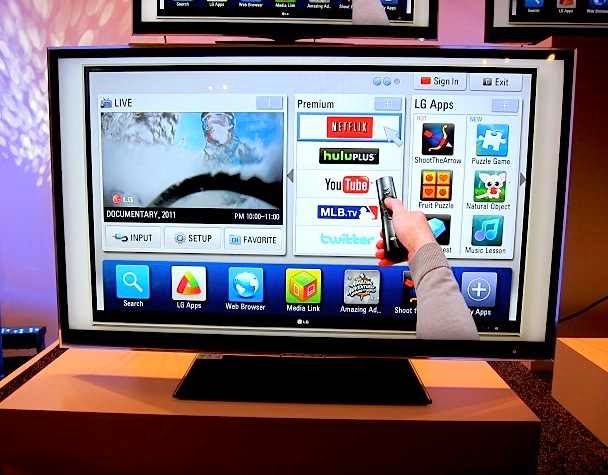Health care agency Philips Africa is looking to fill the vacant position of a Business Development manager in its Nigeria branch in Lagos. Philips Africa is unique medical solutions designed to optimize the quality and flow of patient information and clinical decision making.Philips Africa is headquartered in Johannesburg, South Africa and it has presence in seven other African countries, in the cities of Accra, Algiers, Casablanca, Cairo, Lagos, Nairobi and Tunis. Philips Africa is definitely one of the growth drivers for Philips. Their Nigerian office located in Lagos has set sight on a new busness development manager for the local branch.
Philips Africa is unique medical solutions designed to optimize the quality and flow of patient information and clinical decision making.Philips Africa is headquartered in Johannesburg, South Africa and it has presence in seven other African countries, in the cities of Accra, Algiers, Casablanca, Cairo, Lagos, Nairobi and Tunis. Philips Africa is definitely one of the growth drivers for Philips. Their Nigerian office located in Lagos has set sight on a new busness development manager for the local branch.
The application is open for qualified applicant within the country. see job detail below:
Job description
Why choose Philips?:
With a growing presence in cardiology, oncology, and women’s health, Philips Healthcare operates in the key areas of Imagining Systems, Patient Care & Clinical Informatics, Home Healthcare and Customer Services. Within these areas it offers unique business propositions that deliver value throughout the cycle of care – from disease prevention and screening to diagnosis, treatment, therapy monitoring and disease management. Irrespective of whether the care cycle takes the patient from doctor’s office to hospital or hospital to home or simply from one medical department to another, Philips Healthcare’s unique medical solutions are designed to optimize the quality and flow of patient information and clinical decision making.
About Philips Africa:
Philips Africa comprises all 54 countries of Africa, from the Cape to Cairo, and from the Atlantic to the Indian Ocean. Philips Africa is headquartered in Johannesburg, South Africa and it has presence in seven other African countries, in the cities of Accra, Algiers, Casablanca, Cairo, Lagos, Nairobi and Tunis. Philips Africa is one of the growth drivers for Philips.
Job Title:
Business Development Manager Ultrasound (US) Nigeria
Reports to: Business Manager Ultrasound for region Africa
Aim of the job:
Responsible for leading the country to realize the business objectives of US (equipment and services) and drive the total country ‘upstream’ business creation and ‘downstream’ business execution. The Business Development Manager is a member of the District Management Team.
Key Areas of Responsibility:
Business Management
Accountable for maximizing order intake, sales (incl. Point-Of-Sale Services Contracts) and price realization within the country for US
Support Annual Operating Planning process
Performance measurement with US counterparts of the channel partners, including selection, development and goal setting. Ensure overall high level of engagement.
Drive business development in the country with a 1 till 2 year horizon in general and 3 months planning horizon in specific (e.g. RoFo, funnel management, status, corrective action plan)
Own the forecast process including funnel maintenance within the country and business; secure funnel management tool is up to date, systematically analyzing win & loss deals, expectations, customer satisfaction (NPS), market, competition and trends
Responsible for creation and execution of corrective action plans
Responsible for country product mix (QxP)
Consolidate information about market trends, competitor’s sales practices and potential projects.Downstream Marketing
- Build/Execute marketing plan US, translating the marketing strategy into tangible deliverables for the Country Sales force, focusing on the country implementation
- Optimize market share actively managing the portfolio to take account of changing environments
- Conduct win / loss analyses to examine reasons for success / failure
- Drive growth by identification of business opportunities and allocate resources and business tools accordingly
- Identify new business, channel opportunities and customer needs in the country(s) to ensure growth
- Support new products launches
Upstream Marketing
- Monitor country market prices, provides input on competitive price developments and product price positioning based on win / loss analyses. Escalate positioning / pricing issues to cluster
- Provide feedback on product requirements, competition (e.g. portfolio, sales tools, tactics) and required programs to cluster
- Provide sales tools requirements to cluster
- Provide outlook on market size, growth and share
- Customer Relations
- Manage business relationships with Key Decision Makers, strategic US accounts and Key Opinion Leaders, in addition to customers representing the different market segments
Quality and Regulatory
Take all necessary actions, including the deployment of team objectives, to ensure full compliance with all Business and Q&R policies and procedures
Authorities
Authority to make decisions on all sales and service sales activities in the assigned country as directed by Business Manager for the region and District Manager in line with the regional strategy and authorization matrix.
Key measures
- Order intake, price realization and sales versus AOP
- Customer Satisfaction (NPS)
- Forecast accuracy and CRM funnel management information
- Socket retention rate & Installed base development
- Clean orders (Order Data Sheet)
Education & Experience
Degree level education or equivalent.
Knowledge of Ultrasound is a preference
Experience in sales and / or marketing in a B2C/B2B environment
Knowledge of channel structures
Understanding of local Healthcare market is highly preferred
Fluent in English both verbal as written. To apply for this position, click here.



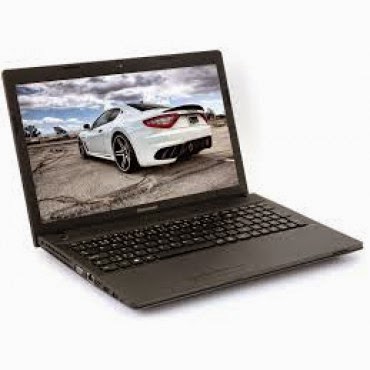
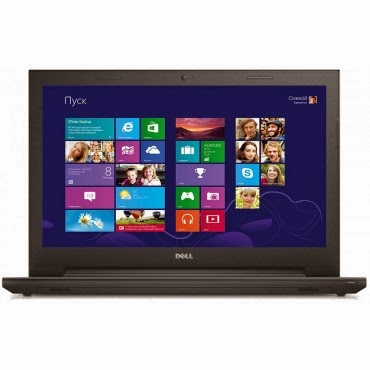
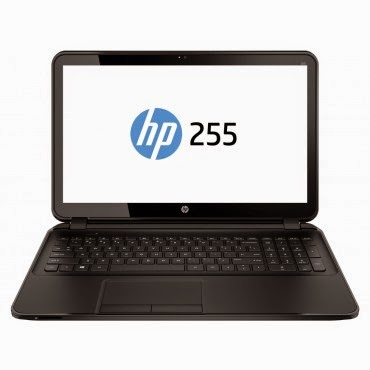 The laptop has a 500 GB storage space, DVD RW Optical Drive and yes, it has an inbuilt wireless adapter.
The laptop has a 500 GB storage space, DVD RW Optical Drive and yes, it has an inbuilt wireless adapter.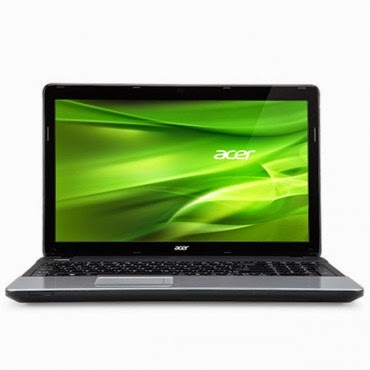
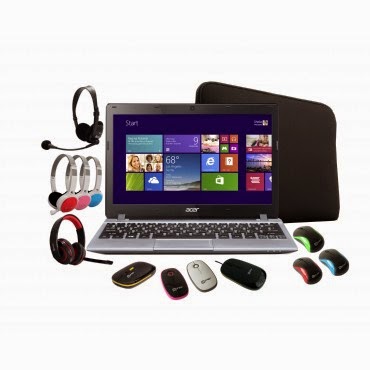 The Aspire V5 Series puts inspiring performance in a thin and light form. A choice of elegant views adds to the charm. Breathe life into your entertainment and enjoy hands-on control with Acer Aspire V5-123. Its built-in speakers sweeten the deal with splendid sound. The laptop features;11.6-Inch WXGA HD, AMD Radeon trade; HD display with 2GB RAM and a 500GB hard drive which provides enough space for you to store your files, data, photos, and music. You can connect to the world wherever you are with your laptop, the WiFi enables you to browse and surf the web, you can also transfer data to other devices via bluetooth. This laptop comes with a free mouse, bag and headset.
The Aspire V5 Series puts inspiring performance in a thin and light form. A choice of elegant views adds to the charm. Breathe life into your entertainment and enjoy hands-on control with Acer Aspire V5-123. Its built-in speakers sweeten the deal with splendid sound. The laptop features;11.6-Inch WXGA HD, AMD Radeon trade; HD display with 2GB RAM and a 500GB hard drive which provides enough space for you to store your files, data, photos, and music. You can connect to the world wherever you are with your laptop, the WiFi enables you to browse and surf the web, you can also transfer data to other devices via bluetooth. This laptop comes with a free mouse, bag and headset.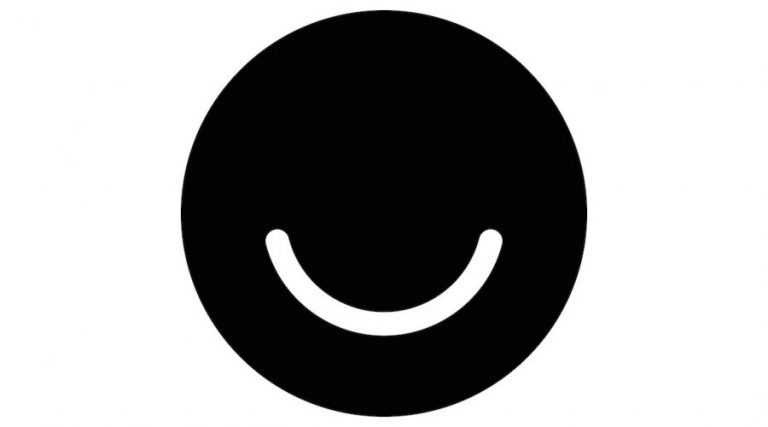
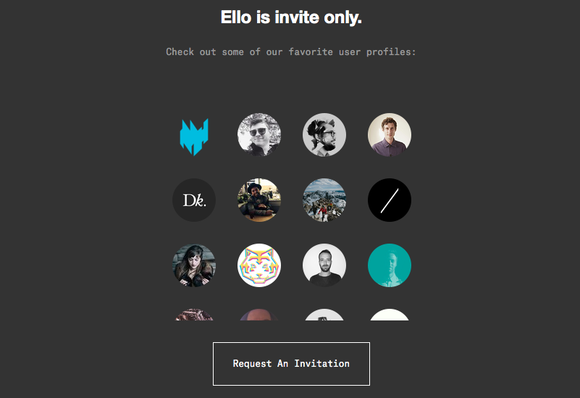
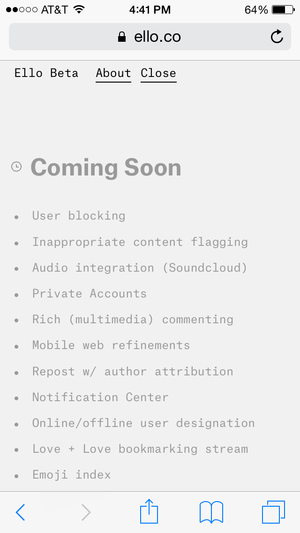
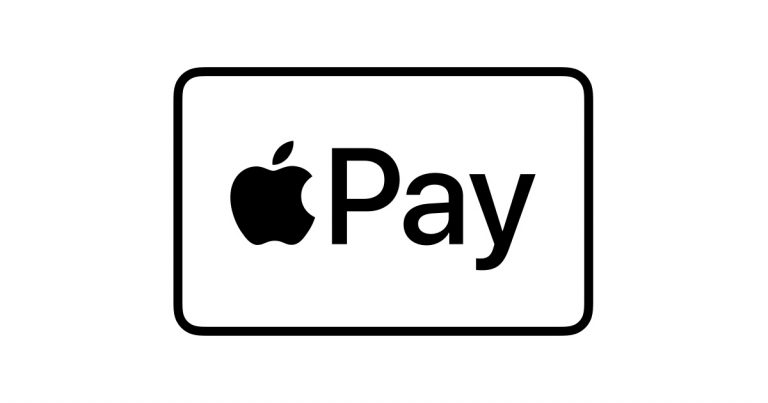
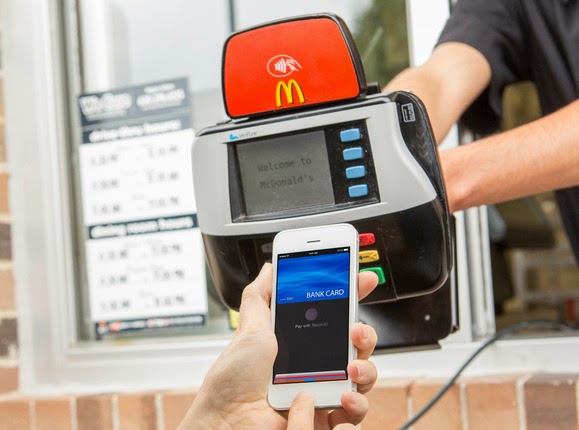

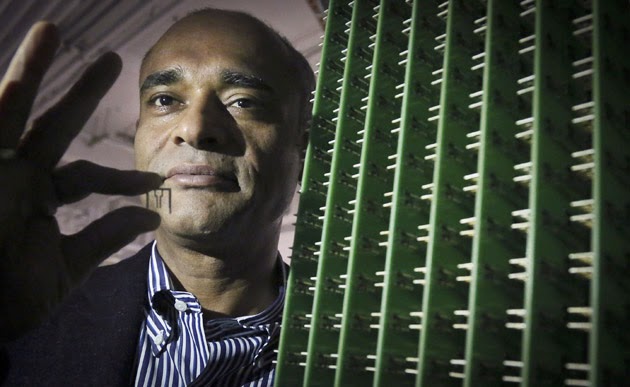


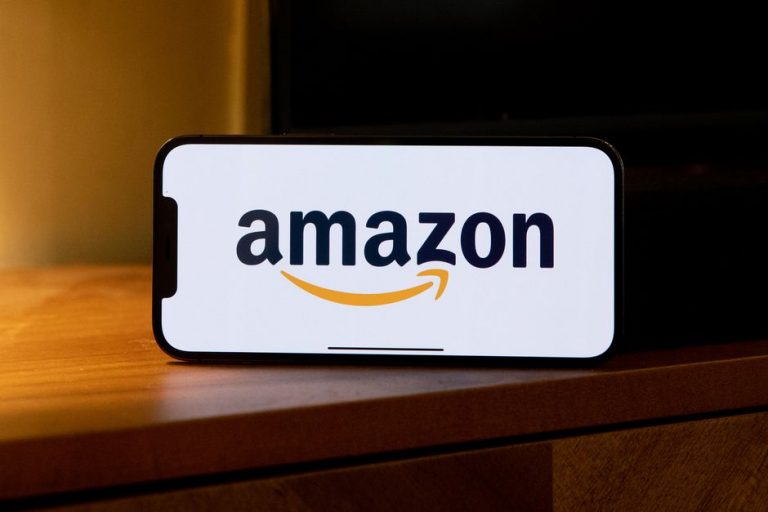
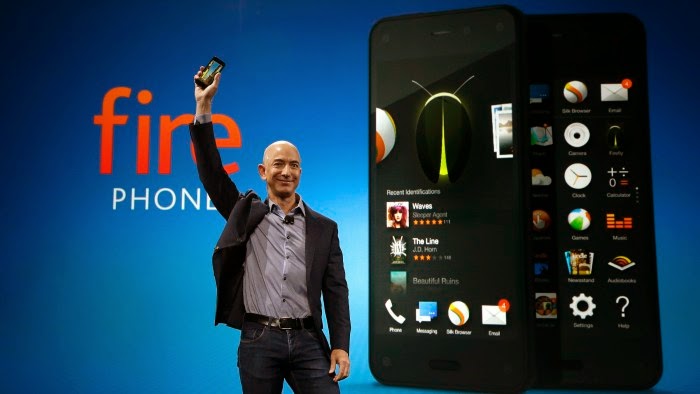
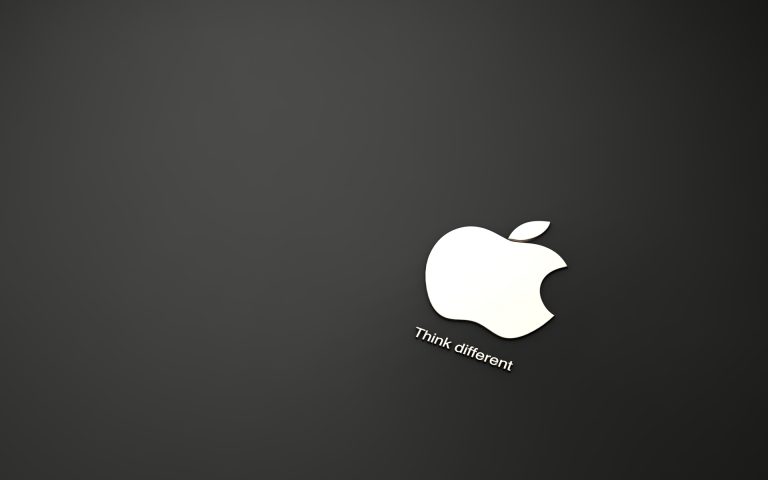
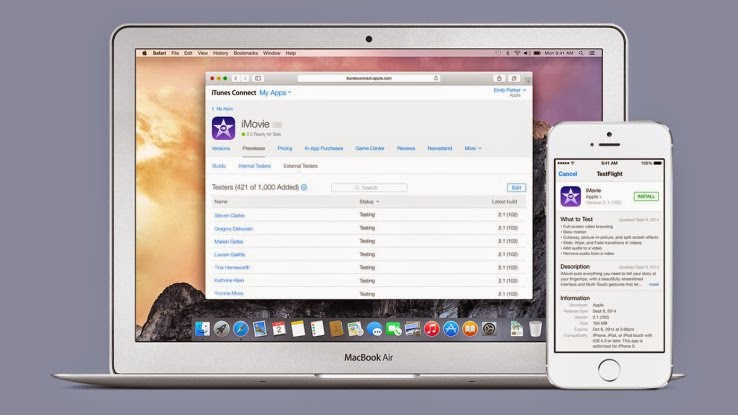

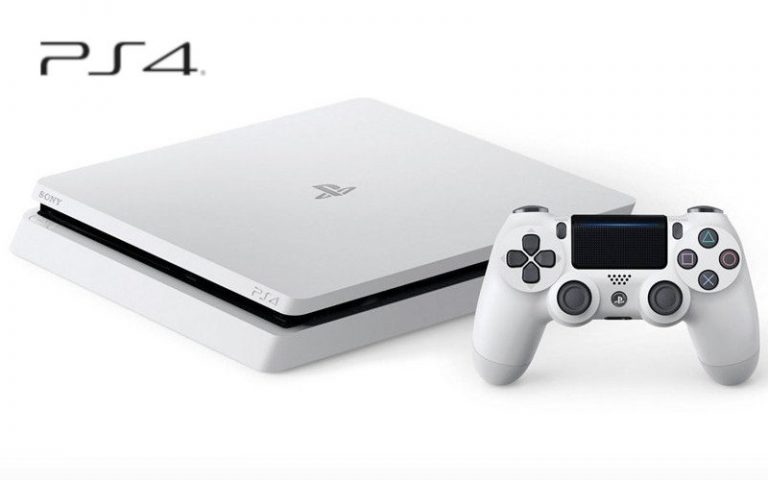

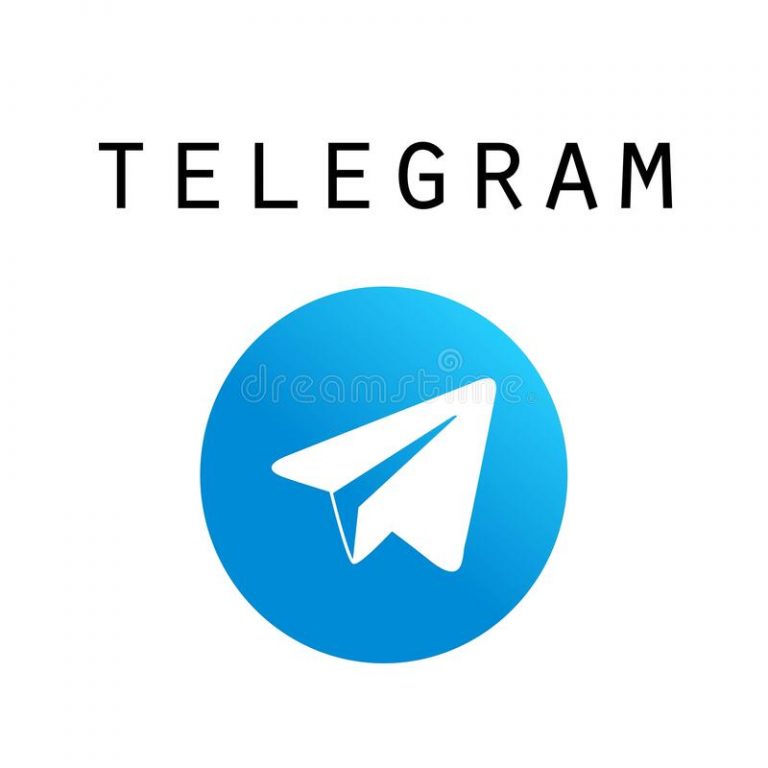

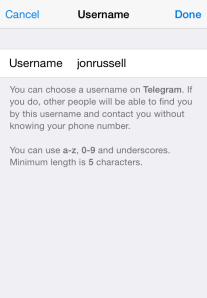
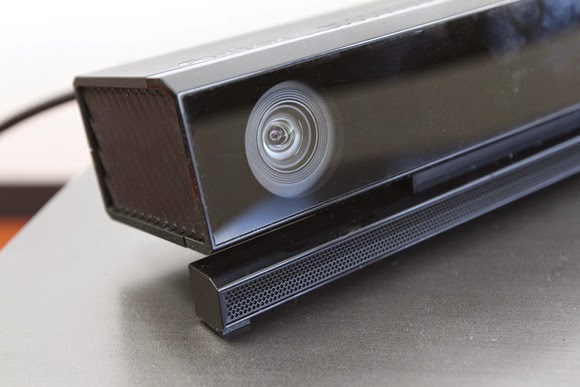

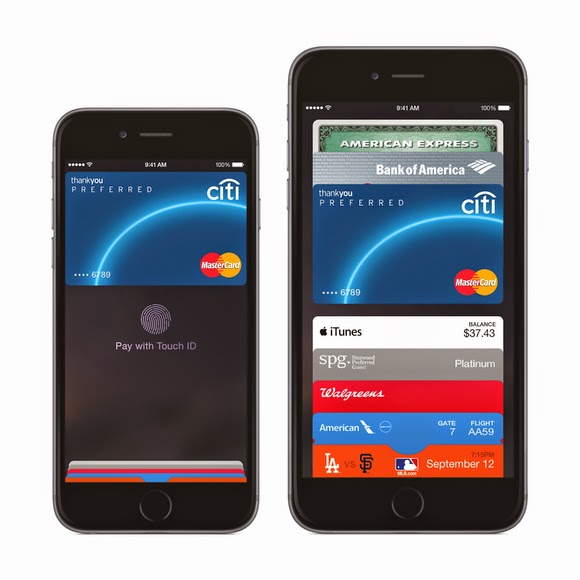
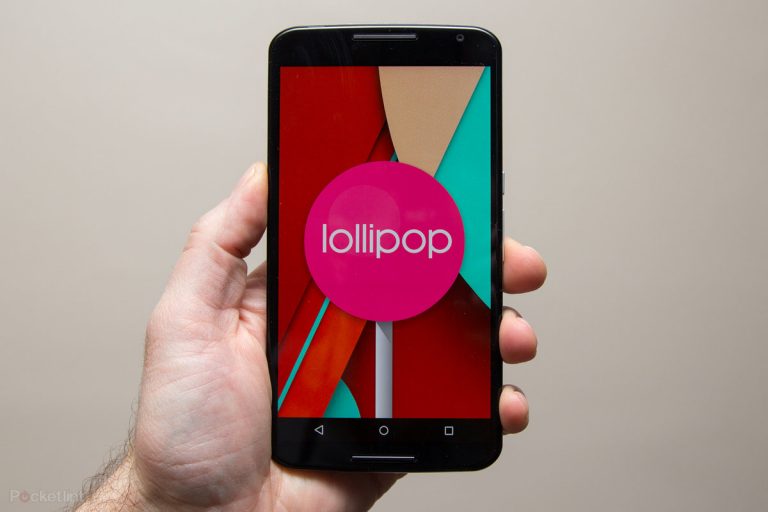
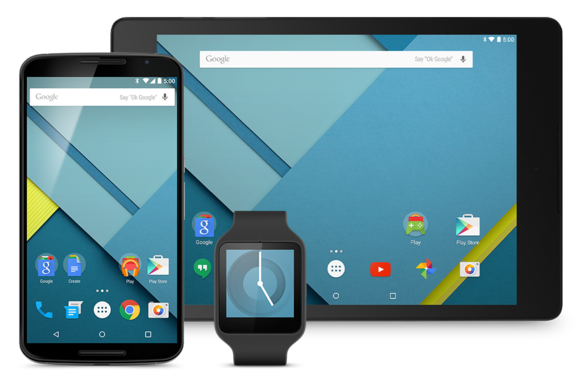


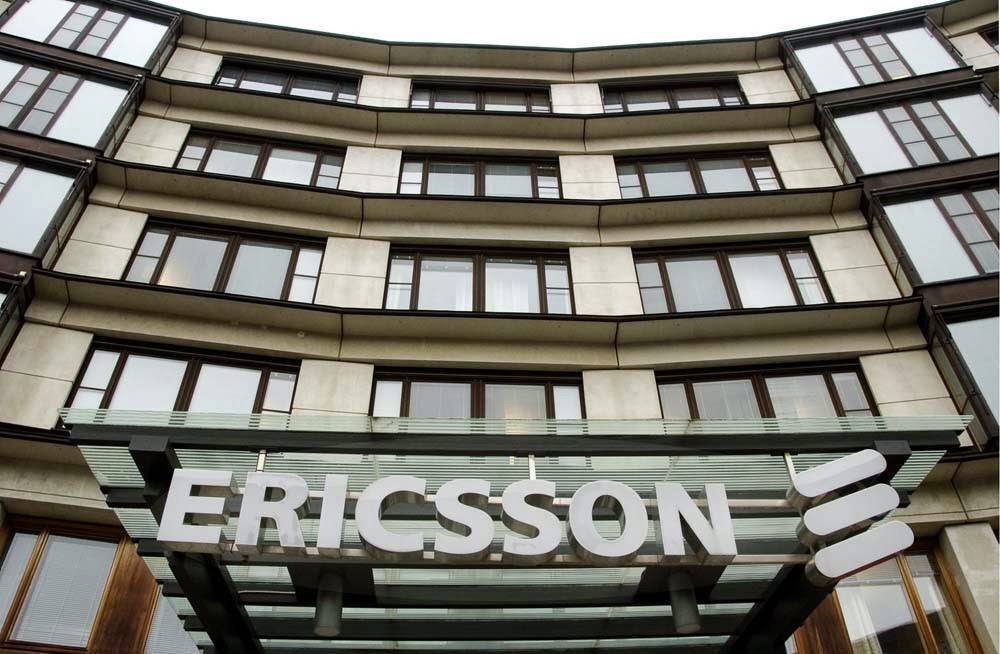


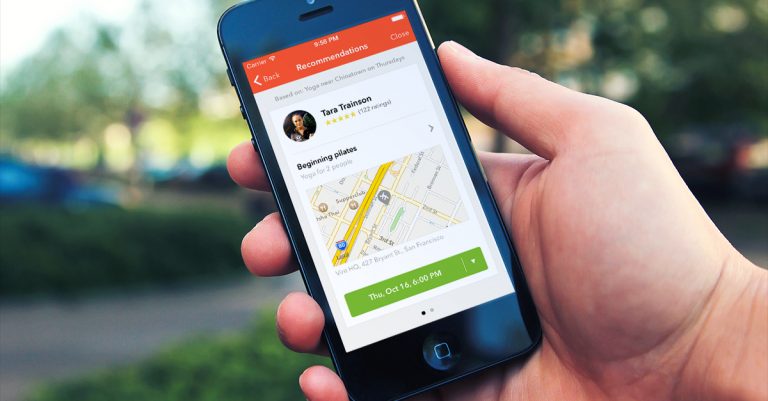
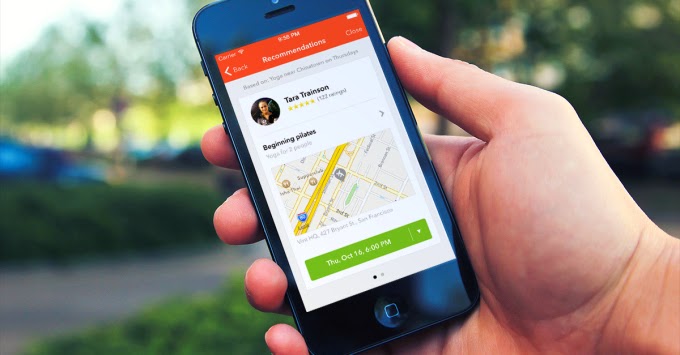



 Philips Africa is unique medical solutions designed to optimize the quality and flow of patient information and clinical decision making.Philips Africa is headquartered in Johannesburg, South Africa and it has presence in seven other African countries, in the cities of Accra, Algiers, Casablanca, Cairo, Lagos, Nairobi and Tunis. Philips Africa is definitely one of the growth drivers for Philips. Their Nigerian office located in Lagos has set sight on a new busness development manager for the local branch.
Philips Africa is unique medical solutions designed to optimize the quality and flow of patient information and clinical decision making.Philips Africa is headquartered in Johannesburg, South Africa and it has presence in seven other African countries, in the cities of Accra, Algiers, Casablanca, Cairo, Lagos, Nairobi and Tunis. Philips Africa is definitely one of the growth drivers for Philips. Their Nigerian office located in Lagos has set sight on a new busness development manager for the local branch.